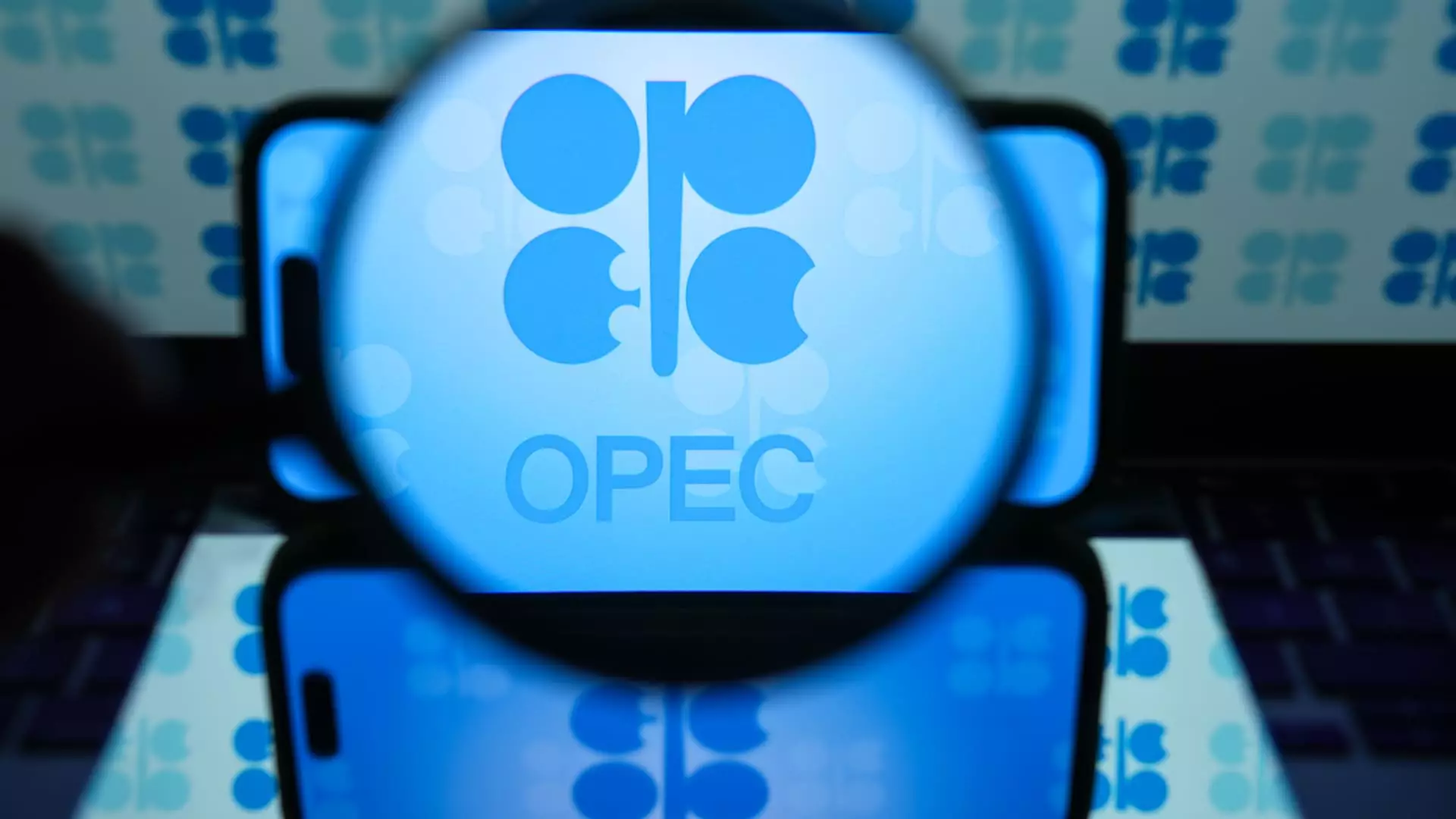The recent decision by OPEC+ to ramp up oil production by 548,000 barrels per day exposes a troubling shift from their previous cautious stance towards a more aggressive expansion. While they cite favorable market conditions and low inventories as justification, this move raises concerns about their true motives. The alliance is effectively trying to flood the market at a time of geopolitical turbulence and economic uncertainty, risking destabilizing the very ecosystems they claim to be stabilizing. Instead of focusing on sustainable long-term strategies, their actions appear reactionary, driven by short-term market manipulations rather than concerted efforts toward global energy stability.
The Illusion of Market Balance
OPEC+ has long wielded its influence over oil prices, often presenting their decisions as responses to market fundamentals. However, this recent increase in supply seems more like a strategic gamble. With global inventories still at healthy levels, flooding the market artificially depresses prices, benefitting consumers in the short term but undercutting alternative energy investments and renewable initiatives. Their narrative about “healthy market fundamentals” conveniently ignores the volatility stemming from geopolitical conflicts, environmental concerns, and the urgent need for a transition away from fossil fuels. By propping up oil prices temporarily, they perpetuate a cycle of dependency rather than embracing the sustainable solutions that could secure energy futures free from geopolitical manipulation.
Environmental and Economic Risks of Short-Sighted Policies
The decision to boost production amid ongoing conflicts and environmental crises is inherently shortsighted. Instead of supporting a sustainable energy transition, OPEC+ seems to prioritize immediate economic gains—often at the expense of global climate goals. Excessive reliance on oil not only fuels climate change but also invites future vulnerabilities as renewable technologies become more affordable and efficient. Economically, this strategy fosters a volatile market environment, susceptible to sudden shocks from geopolitical upheavals or technological advances in clean energy. Their approach, therefore, entrenches a cycle of environmental degradation and economic instability, contradicting the long-term interests of both their own nations and the broader international community.
The Need for a Balanced and Responsible Future
For a truly stable and equitable energy landscape, policymakers worldwide must recognize the trap of short-term oil dependence. The actions of OPEC+ underscore the importance of diversifying energy sources and investing in renewable technologies. A responsible approach involves balancing market needs with environmental imperatives, rather than capitulating to the volatile whims of oil-exporting nations. While the economic realities of resource-dependent countries must be acknowledged, they do not justify actions that risk global stability and sustainability. The international community should advocate for transparent, responsible energy policies that prioritize resilience, sustainability, and innovation—rather than short-sighted measures that only serve to prolong fossil fuel dominance and deepen geopolitical rifts.


Leave a Reply